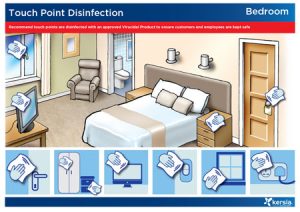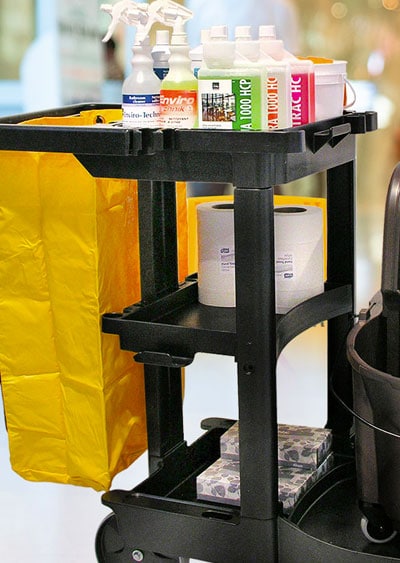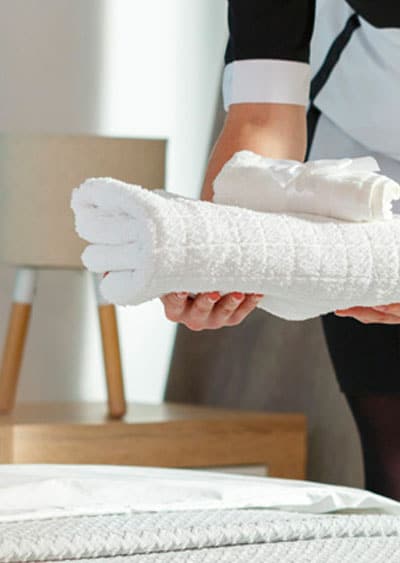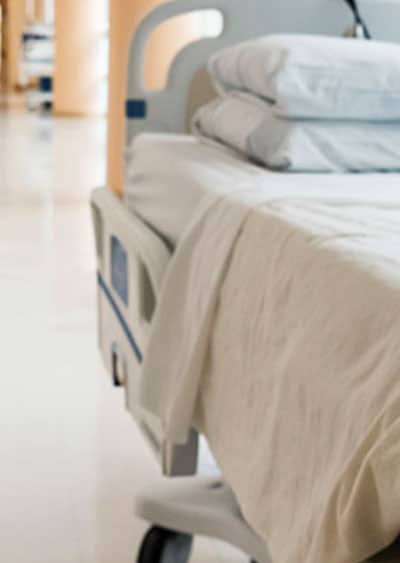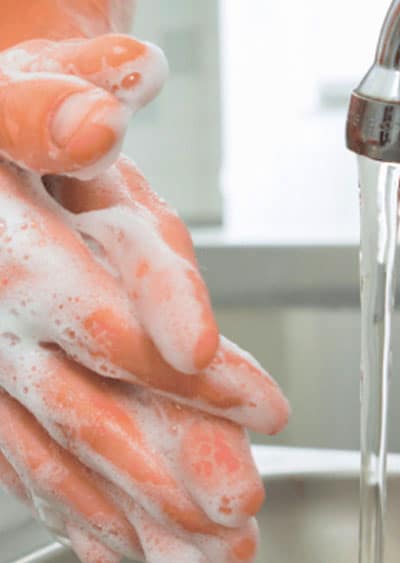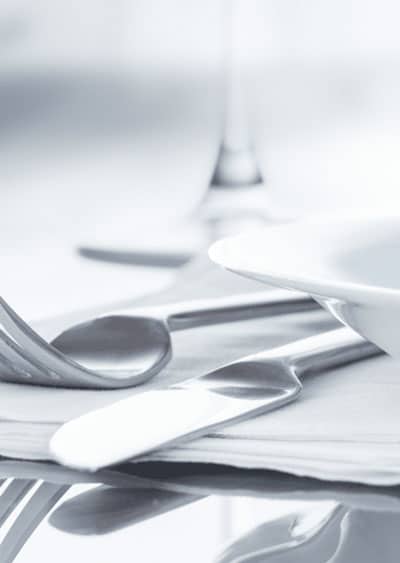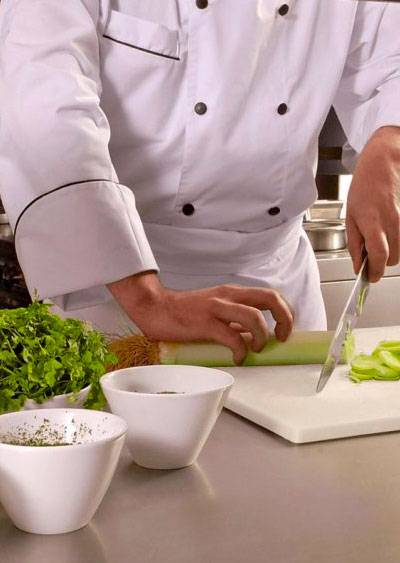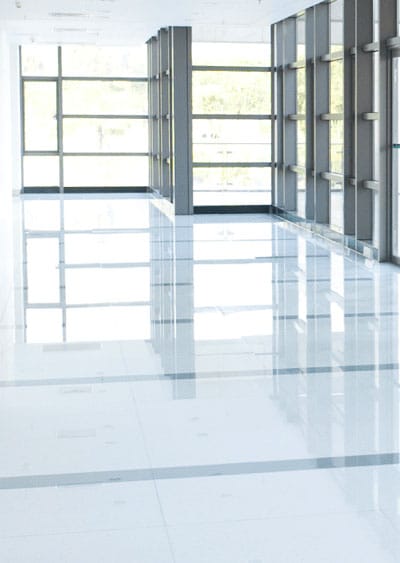This article gives guidance on how to reopen and adapt accommodation to work safely during the COVID-19 pandemic.
In line with wider government advice, you should make sure that the risk assessment for your business addresses the risks of COVID-19. It would help if you used the government social distancing guidance to inform your decisions and control measures.
This page presents :
- Tools and resources to help you manage your security systems.
- A variety of posters about best practices and practices for pandemic cleaning can be downloaded at the bottom of this page.
- Products for the surfaces and environments of the accommodation and hospitality sector can be found following this link.
BARRIERS IN TIMES OF PANDEMIC - TOURISM AND HOSPITALITY INDUSTRY
- Display signs in your facility to encourage hand hygiene among all staff and guests.
- Display signs in your facility promoting physical distancing.
- Encourage staff to avoid touching personal items of guests, such as luggage.
- Install physical barriers (such as plexiglass mouthguards) in locations such as reception, close to customer tables or benches.
- Install markers on the floor (2 metres apart) to support physical distancing in locations such as reception desks.
- Eliminate any form of buffet from which customers can serve themselves.
- Remove any displays with magazines or flyers
- Staff must wear clean clothing. They have to change and put on other clothes before leaving work. Work clothes should be placed in a bag and washed after each shift.
Environmental Cleaning
Regular cleaning of all common areas, dedicated guest rooms and workrooms are essential to ensure the health and safety of customers and staff during the COVID-19 pandemic.
General Cleaning Measures:
- Train staff on good cleaning and disinfection practices for high-demand surfaces, as well as on proper handling of laundry and laundry.
- Ensure daily cleaning and disinfection of all common areas and surfaces.
- Make sure surfaces that are in regular contact with staff and customers are cleaned. They include door handles/cleanliness plates, phones, elevator panels and buttons, lighting switches, tables, chairs and work surfaces in staff rooms, office surfaces, bathrooms, payment terminals and menus.
- Clean visibly dirty surfaces before disinfecting them. Cleaning refers to the removal of dirt, intense dirt and visible impurities. Cleaning does not kill germs but helps remove them from surfaces.
- Use clean cloths or paper wipes with detergent disinfectant sprays or alternatively impregnated wipes to clean and disinfect surfaces. Use a disinfectant or detergent disinfectant that has proven efficacy against EN14476.
- Floors and walls should be kept visibly clean.
- Empty and clean waste bins in public areas regularly.
- Items that cannot be easily cleaned and disinfected should be removed (e.g. toys, sculptures).
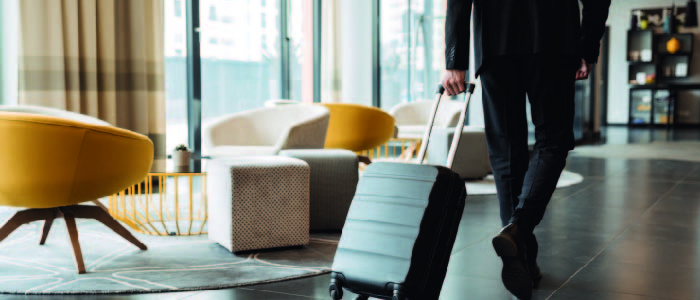
Housekeeping DURING a Guest’s Stay
- Housekeeping staff must practise good hand hygiene at all times during their shift.
- Do NOT provide housekeeping service within guest rooms during their stay.
- Make sure they have enough clean towels, toilet paper, hand soap and shampoo before they arrive in the room.
- Leave fresh linens, toiletries and cleaning supplies outside the door of guest rooms. Provide these items at a frequency that maintains good hygiene.
- Provide linen or plastic bag for the guest to place their dirty linens in, and a plastic bag for their other waste.
- Ask customers to close laundry and garbage bags and leave them outside their door for pick-up.
- To minimize the amount of time dirty linen and waste is sitting in hallways, advise guests on a time at which items should be put out for collection.
Housekeeping AFTER a Guest’s Stay
- All guest rooms must be fully cleaned and disinfected after every use.
- Ensure staff do NOT enter guest rooms until authorized.
- To allow for adequate air exchange within rooms, staff should wait three to 3 hours after a guest has left the room before entering for housekeeping.
- Employees must adopt good hand hygiene practices before entering and exiting each room.
- If gloves are used, ensure a new pair is used for each guest room. Proper hand hygiene must be performed after removing gloves.
- Staff must wear the standard personal protective equipment (e.g., safety goggles, mask) required depending on the risks to which they are exposed in the course of their normal duties (e.g., handling chemicals).
- Review all working procedures to minimize the risk of splashing or spraying on staff.
- Empty all waste bins.
- Discard all items left in the room by guests.
- Discard all disposable items even if they don’t look like they’ve been touched or used. This includes, but is not limited to, toilet paper, soap, shampoo, toothpaste and sugar packets.
- Remove all reusable glassware and dishes from the room, including all dishes that appear untouched or unused. Take all items directly to the kitchen area for dishwashing.
- Use clean cloths or paper wipes with detergent disinfectant sprays or alternatively impregnated wipes to clean and disinfect surfaces. Use a disinfectant or detergent disinfectant that has proven efficacy against EN14476.
- Complete disinfection and cleansing of all hard surfaces. Pay particular attention to frequently affected items such as toilets, sinks, faucets, door handles, lighting switches, phones, remote controls, refrigerators and garbage cans.
- Remove all cloth items (e.g., sheets and towels). Take all dirty linens and towels directly to the laundry.
- For carpets: Only use vacuum cleaners equipped with exhaust filters, preferably HEPA filters, for carpeted areas. If your vacuum does not have an exhaust filter, do not vacuum the room.
Waste Management
- Where possible, waste must be handled by a designated person or a small designated team.
- Staff should wear disposable gloves to remove waste from guest rooms and common areas.
- Ensure staff remove their gloves and wash or disinfect their hands immediately after handling and discarding the waste.
- A single, sturdy, leak-resistant waste bag is sufficient for containing waste.
- All waste bags should be securely closed and immediately placed in the main disposal bin for the facility.
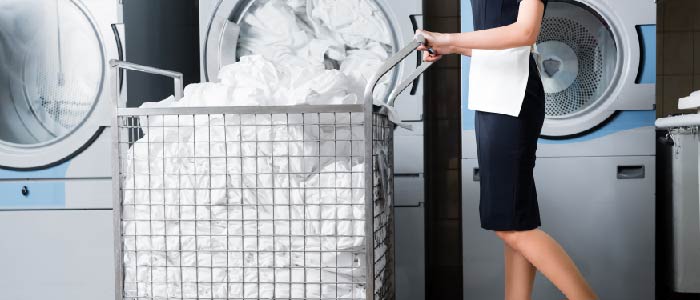
Laundry
- Wear disposable gloves when handling dirty laundry and discard after each use. Wash hands immediately after gloves are removed.
- If reusable gloves are worn, gloves should be dedicated to handling dirty laundry and not being used for other purposes. Wash hands immediately after removing gloves.
- Do not shake dirty laundry to reduce the risk of spreading the virus into the air.
- Place dirty laundry directly into a linen bag without sorting. Do not overfill bags.
- Clearly mark laundry bins as ‘clean’ or ‘dirty’. Ensure dirty laundry only contacts dirty laundry bins, and clean laundry only contacts clean laundry bins.
- Clean and disinfect clothes according to the manufacturer’s guidance. Consider using a liner that can be laundered.
- Wash and disinfect the loading area regularly before washing machines.
- Wash and dry items following the manufacturer’s instructions. Use the warmest possible water settings. Dry all items thoroughly.
General Food Service Precautions
- Follow good food safety practices, such as protecting food from contamination, reducing food handling and preventing cross-contamination of food.
- Discard any foods that may have been contaminated from coughs or sneezes.
- Increase the frequency of cleaning and remediation of surfaces that come into contact with food and surfaces that are regularly in contact with hands.
- Use the dishwasher for crockery cutlery and glassware wherever possible.
- Do not provide common water dispensers or lobby snacks for guests.
- Encourage guest and staff hand hygiene before all meals.
- Clean and disinfect electronic payment equipment regularly.
Delivering and Picking Up Food Trays
- Do not offer food services in staff rooms or guest rooms during their stay. For on-site food services and food from another establishment, deliver and then pick up food trays outside guests’ rooms while the bedroom door is closed.
- Wash or disinfect your hands before bringing the food trays before carrying or after collecting them.
- Regularly clean and disinfect food trolleys used for transporting food and picking up dirty dishes.
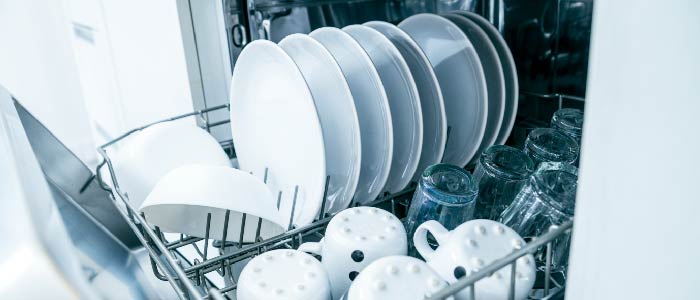
Dishwashing
- Dishwasher operation including wash and rinse temperatures should be monitored.
- Used dishware should be washed immediately.
- Disposable dishes are not required to stop COVID-19. Regular food trays, dishes and utensils can be used for guests.
- Manually scrape off food from plates before beginning dishwashing. Minimize the use of sprayers to remove food and residue.
- Maintain separation between clean and dirty dishes in the dishwashing area.
Staff Health
- Ask employees to monitor their symptoms daily, report any breathing difficulties and not report to work for 7 days after the onset of fever, chills, cough, shortness of breath, painful swallowing, runny nose or congestion, loss of smell, migraine, muscle aches, fatigue or loss of appetite.
- Tell staff to use COVID-19’s self-assessment tools on the CNESST website.
- If an employee reports they are suspected or confirmed to have COVID-19 and have been at the workplace, clean and disinfect all areas where they have worked.
- All staff must practice physical distancing to reduce the risk of getting sick. Avoid close contact (within 2 meters) when possible with other staff and guests. This includes employee breaks.
Posters
These posters and signs complement the guide to good hygiene practices in times of a pandemic and can be downloaded to help your business.
Touchpoint poster – Bedroom
Discover our different product ranges for the hotel and accommodation industry as well as our hotel hygiene guide:
